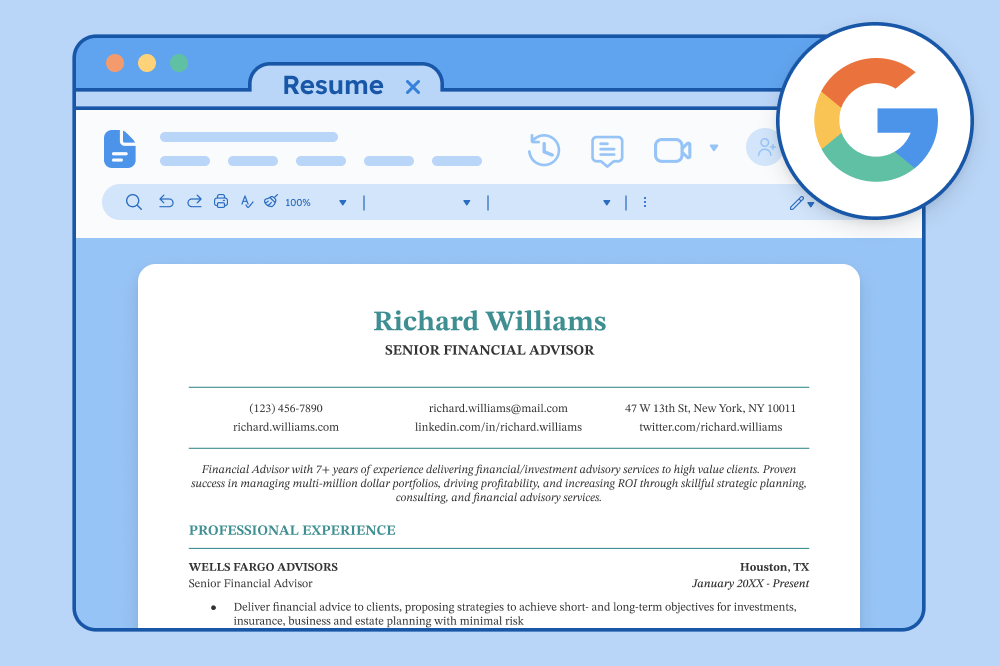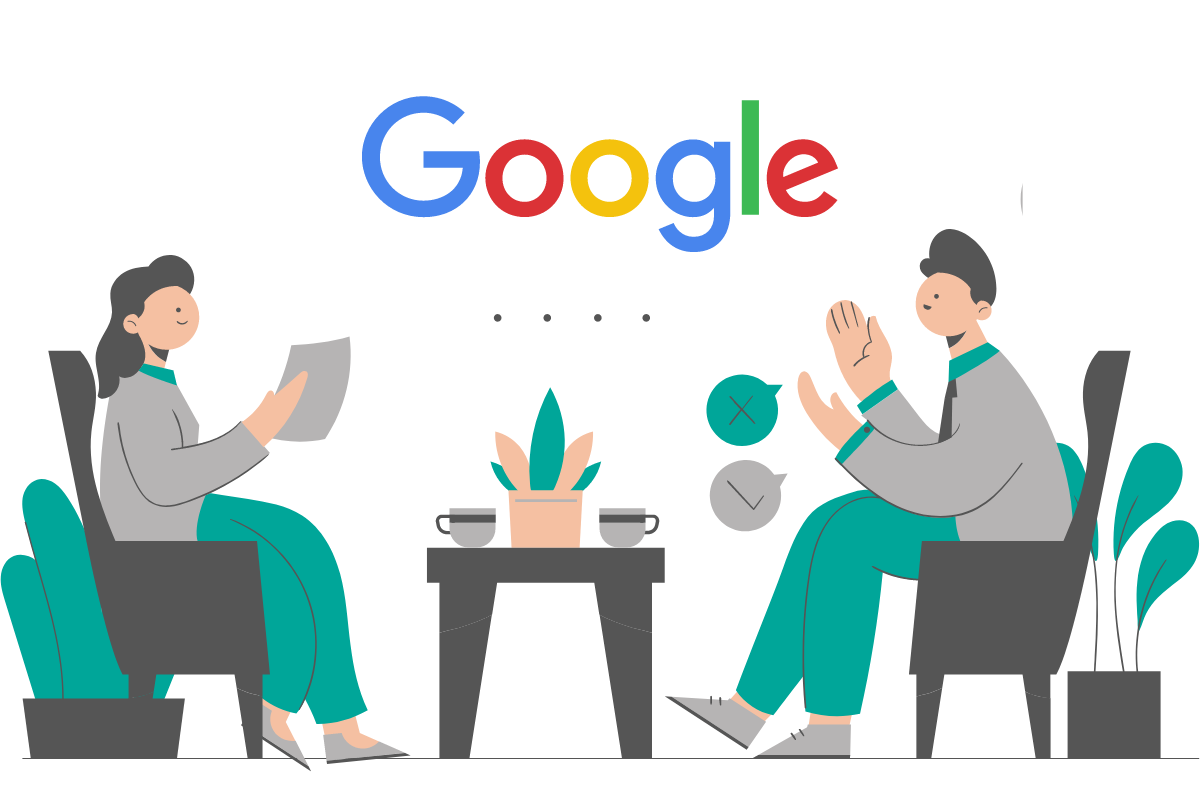How to apply for Google
Over 2 million people a year apply for a job at Google, meaning about one out of every five hundred applicants makes it through the selection process. With rising numbers of applicants per opening for other popular (tech) companies such as Salesforce, Facebook and Apple, it is becoming increasingly difficult to get through the selection. So how should you design your application to at least make it to the interview? Here are some tips provided by the big tech companies themselves.
Find Your Match
It might seem obvious, but all four companies emphasize the same thing. Before even starting the application process, make sure the company you are applying matches your own goals. Are you interested in growth, innovation and equality? Do you value trust, transparency and teamwork? Find a company that matches your vision and values.
Next, apply for the job offers that interest you most and suit you best. It might be a goal of yours to work at Apple, Facebook or ING Bank, but is working at such company really as much fun if the job you have gotten is not even in the field you are most passionate about? Chances are good that your dream employer has job openings in your fields of interest, so find and apply to those jobs that you are passionate about. Finding the best fit is time consuming, but it is worth it to read all the job descriptions carefully. After all, chances are you will spend years filling the position.
Remember that it is important that your skills match the job you are applying for. Read the job description before applying, as it is a shame if you spent time applying for a job you won’t even be considered for.
Focus On Your Resume

Your resume will be your first impression on the recruiter, so make sure it stands out and is worthwhile. Be bold, and be yourself. If you do meet the job requirements, take note of some of the keywords they used in the job description and company’s vision. Are they looking for someone who is experienced in sales, networking, or programming? Or does the company value teamwork, innovation and creativity? If so, make sure to use those same words in your resume, cover letter and later on in your interview, as these are the keywords the recruiters are looking for too.
Google adds that it is important to frame and highlight your achievements correctly. Your resume should remain short, as the recruiter will only spent about one (!) second scanning it when making a first selection, and you want your most important achievements to stand out. Focus on skills and experiences that match the job description. Having worked at Albert Heijn might be relevant when applying for Nestle or Unilever, but might not be considered as important at PwC or Facebook. If you have limited work experience, include school-related projects that demonstrate relevant skills and knowledge, such as a Strategic Business Plan project or your Thesis.
When describing your most relevant experiences, be specific. Mentioning you “increased the number of clients” is nice, but be precise: how many additional clients did you bring in? How did you measure success, and what was the outcome? Moreover, leave out additional information: if additional information such as a portfolio is needed, the recruiter will ask for this later in the process.
Lastly, all four companies (Google, Salesforce, Facebook and Apple) and many others (such as The Boston Consulting Group and EY) mention the importance of teamwork and leadership. If you have experience in working as a leader or with a team, highlight it in your resume. Mention how big the team was, what the scope of your team’s work was and what team achievements you are particularly proud of.
The Reviewing Process
After you have sent in your resume and possibly your cover letter, the recruiting process begins. It might seem obvious, but double check your resume, contact details and additional requested information before sending in your application: it would be a shame if you never receive an interview invitation because your e-mail address was typed incorrectly.
Additionally, go through the application process once before starting to formulate your resume and cover letter. For example, no cover letter is needed to apply for Google, and it would be a shame to have spent hours or even days writing one when the recruiter might not even consider it in your application (Google: “We think your work speaks for itself, so there’s no need to write a cover letter”). Some companies offer the possibility to apply for multiple jobs at once, so it might be wise to consider more than one job that has caught your interest.
As mentioned before, recruiters at Google, the Business Insider and Facebook mention that the importance of using the job descriptions to make your application more relevant. The descriptions are not there just for you; recruiters review applications with these in mind. The first round for many companies is a quick and harsh selection, so do not be discouraged if you do not make it through for every job you apply to. After all, recruiters are not able to interview every applicant, and you might be a better fit at a different company or for a different job.
In fact, recruiters at Google, Salesforce, Apple and Facebook are known to redirect applicants too – they are familiar with most jobs the company has, not just the one you applied for. This might mean that if they are impressed with your resume but do not think it fits best with the job you have applied for, you can still get through the first round. They will contact you about another possible match, or will sent you a follow-up note regarding future opportunities.
Following Rounds

If you have made it past the first round – congratulations. This is quite an achievement already. What happens next differs per company. Some will invite you for a call or an online interview, ask you to participate in (online) intelligence and/ or personality tests, invite you for a face-to-face interview or for a combination (or all) of the mentioned possibilities. Be prepared and well-rested for both tests and interviews. Companies are known to design tests and interviews that take several hours, and often multiple recruiters are involved.
Review the company, its vision and the job you are applying for before going to an interview. The recruiter will know whether you are well prepared or not, and failing to be able to name the core values of your possible future employer is considered a no. Moreover, bring questions! An interview is not only an opportunity for the recruiter to learn more about you, but also for you to learn more about the role or company you are applying for. To make things better, asking questions shows you are interested, well prepared and invested in the job opportunity – these are all things the recruiter will be looking for.

